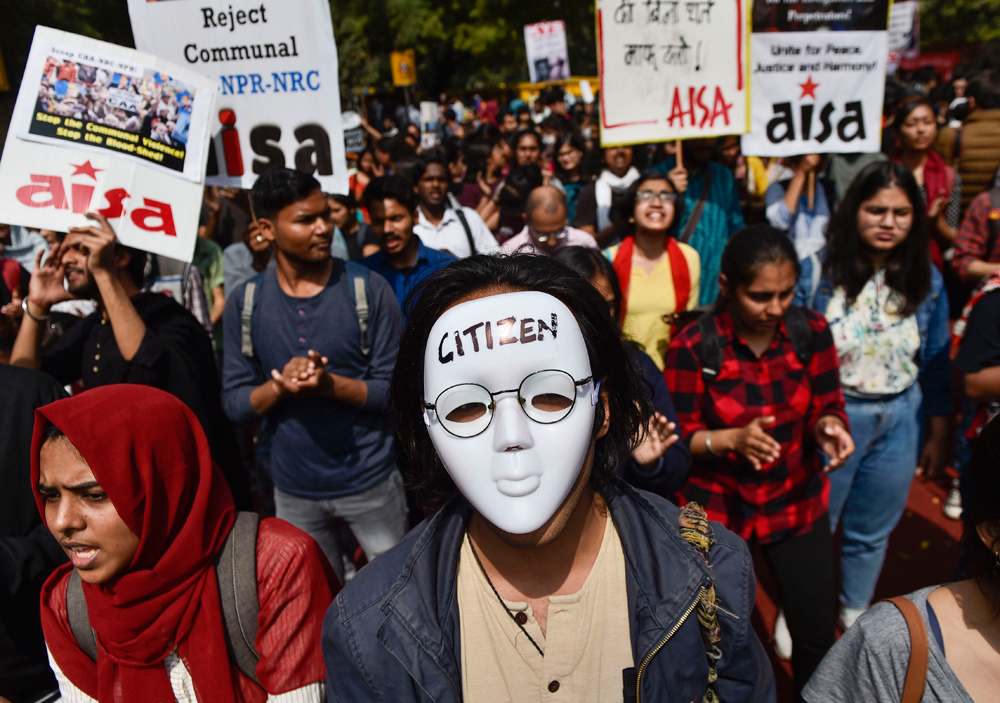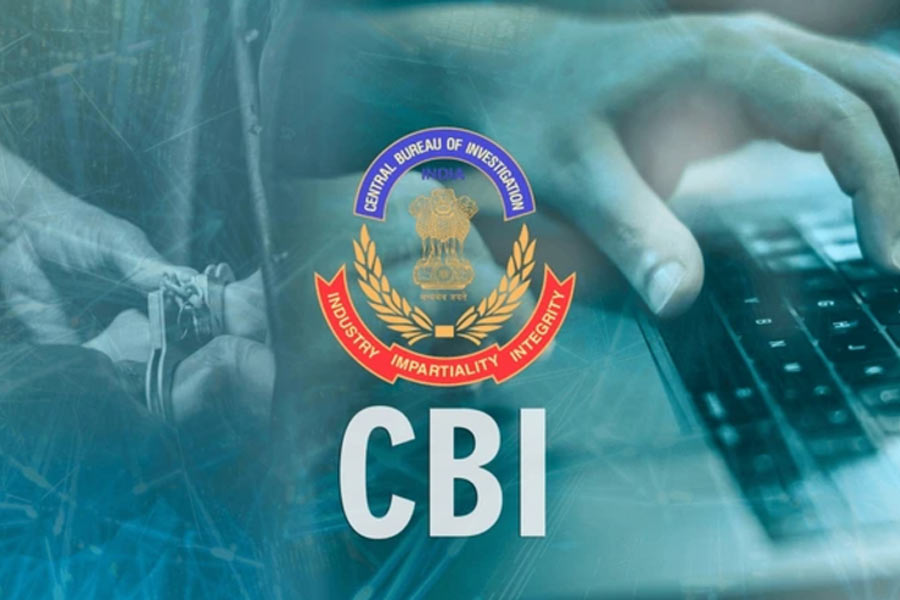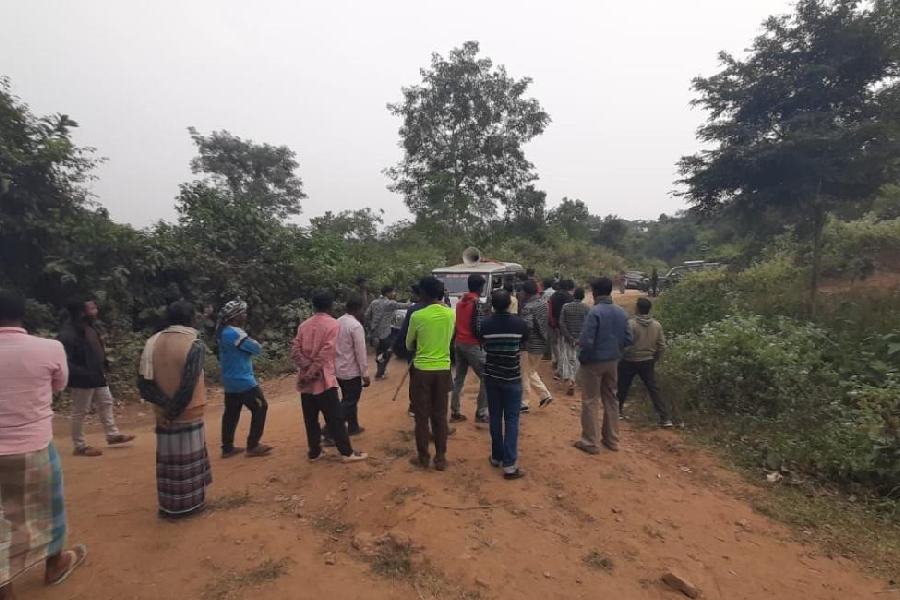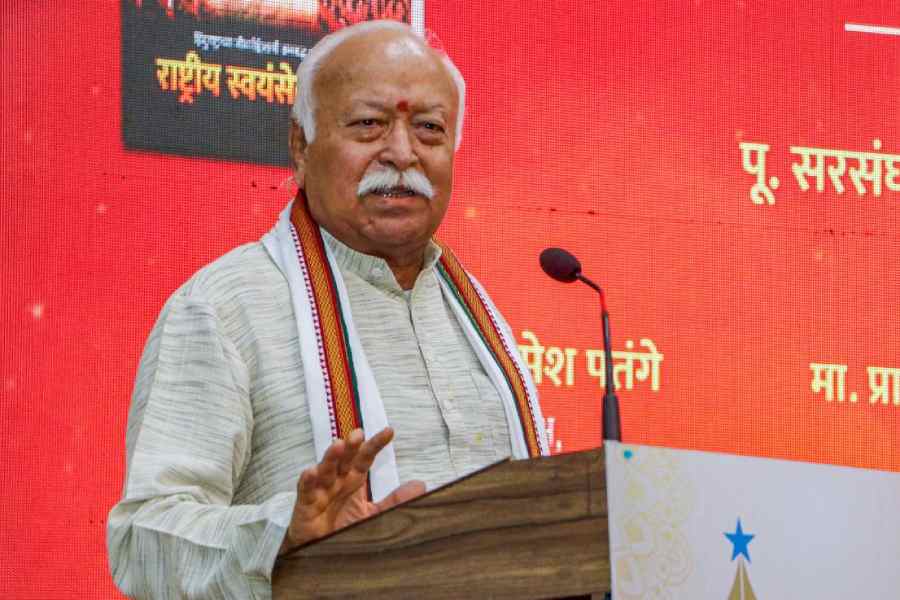The Centre on Wednesday decided to postpone the census and the contentious update of the National Population Register (NPR), which were to begin in April, in view of the nationwide lockdown.
While this was anticipated since last week because of the self-isolation directives issued by various state governments and Prime Minister Narendra Modi’s national address appealing for social distancing, the formal decision was announced this afternoon — over 12 hours after the entire country was put in lockdown mode.
In a statement, the Office of Registrar General and Census Commissioner said: “The first phase of Census 2021 and updation of NPR, which was to begin on various dates decided by the State/UT governments beginning 1st April, 2020, and various field activities are postponed until further orders.”
The census was scheduled to be conducted in two phases, the house listing and housing census between April and September this year, and the population enumeration from February 9 to the end of the month next year.
The NPR update was to be taken up along with the first phase of the census in the entire country, except Assam.
As many as 11 states and two Union Territories — representing about 53 per cent of the population counted by the 2011 census — were opposed to NPR 2020. Some had even decided not to proceed with it in view of the apprehensions in large sections of the society about its intent in the wake of the Citizenship Amendment Act (CAA) 2019, and the National Register of Citizens (NRC) exercise in Assam that had triggered country-wide protests.
Some of these protests, which began in mid-December following the passage of the CAA, were on till this week when they were forced to lift the siege by the demands of the pandemic.
The protests against the citizenship matrix resulted in the governments of Kerala, Punjab, Bengal, Madhya Pradesh, Chhattisgarh, Puducherry and Rajasthan deciding not to update the NPR along with the census.
Telangana, Andhra Pradesh, Tamil Nadu, Delhi, Odisha and Bihar took the position that they would conduct the NPR but only in line with the 2010 format. The 2010 version only asked for information on people normally residing in a particular place and not details about their parents deceased or living elsewhere.
The change of government in Madhya Pradesh with the resignation of Kamal Nath as chief minister has not yet resulted in withdrawal of the resolution against the CAA and the NPR.
The NPR is provided in The Citizenship (Registration of Citizens and Issue of National Identity Cards) Rules, 2003, and is the first step towards the preparation of the National Register of Indian Citizens (referred mostly as NRC).
In fact, in several written replies to Parliament, the home ministry has billed the NPR as the mother database for the NRC which is mandated by the Citizenship Amendment Act, 2003.
The Citizenship Rules, 2003, provides for marking people “doubtful” during the process of verification for the NRC. Several Opposition parties and activists had been demanding that the NPR be delinked from the census to protect the sanctity of the enumeration process which no one is opposed to.











